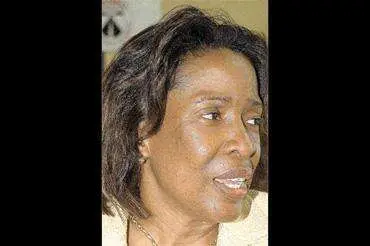
NRSC proposes seizure of uninsured vehicles
Buoyed by the reduction in the number of road deaths, the National Road Safety Council (NRSC) is gearing up for further onslaught on traffic violations through the implementation of an improved ticketing system and a revised Road Traffic Act.
The NRSC missed its under-300 death target last year when 341 Jamaicans were killed in traffic collisions.
Latest data show that 79 people have been killed in 74 fatal collisions up to April 14. The figures reveal a marked decline over last year when 111 people were killed in 101 fatal collisions over the same period.
On Wednesday, NRSC executive director Paula Fletcher praised the role of the police and said she looked forward to the implementation of the new ticketing system this year, to further stem the contempt shown by some road users.
“I am optimistic that it will get better when the ticketing system comes into place, it will be a new order,” Fletcher declared.
She was however reluctant to give a start-up date for the new tickets, saying only that extensive work was being done behind the scenes.
Last year, a date set for the issuing of new traffic tickets was missed as the process was said to be incomplete.
Fletcher this week credited the first quarter 2010 reduction in traffic collisions and deaths to improved collaboration between stakeholders and increased involvement of the public through education campaigns.
“We think that has had some impact, but we cannot forget the role of the police,” she remarked.
The new Road Traffic Act, Fletcher says, will give the police even greater latitudes to tackle traffic violations.
Among the changes expected through the review of the Act are the confiscation of a vehicle if it is uninsured, and distinct specifications for a roadworthy tyre.
“We are advocating taking a car off the road, not only when it is not registered but also when it is uninsured,” Fletcher said.
She argued that it was extremely unfair when uninsured vehicles are involved in accidents and there was no compensation for the victim.
“That has to change,” Fletcher contended.
The NRSC executive director reiterated that at the heart of the current reduction in the traffic collisions was the cohesive approach taken by stakeholders such as the police and the National Works Agency.
“We are seeing some bearing of that collaboration; 10 years ago nobody knew each other. Networking now has us working with one vision,” Fletcher commented.
According to Fletcher in the past there was very little interaction among the various agencies responsible for road safety.
“There has to be a level of partnership. We can now take up the phone and call anyone,” she said.
























